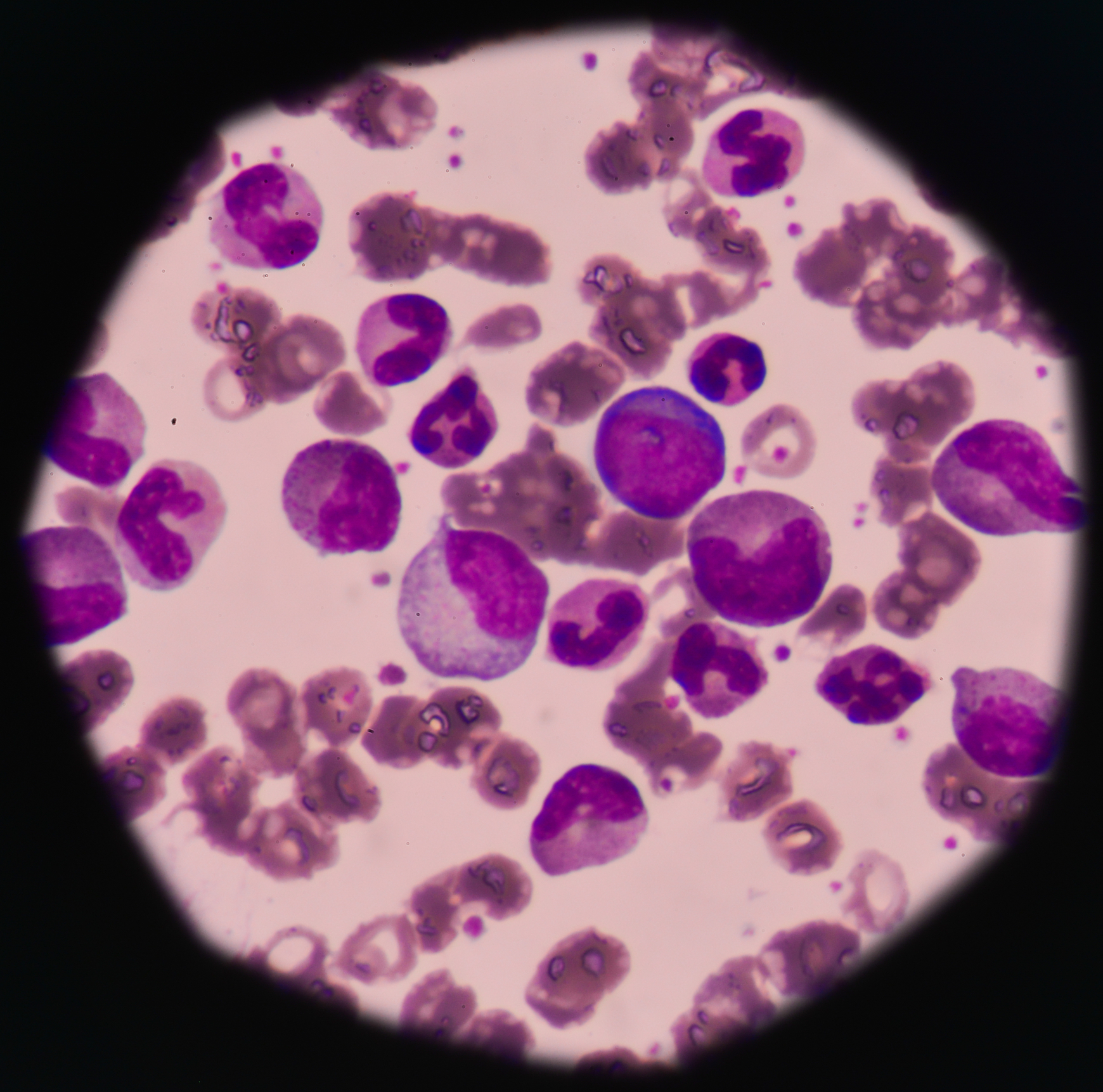Shocking Reasons Alcohol May Be The Deadliest Addiction Of All
Illegal drugs such as heroin and cocaine commonly receive the most attention when it comes to deadly substance abuse addictions. However, alcohol can be just as dangerous to society, which may come as a surprise to some. Many reports indicate it could be even more dangerous than some illegal street drugs, only because it can catch many individuals off-guard. Excessive alcohol consumption has a significant negative impact on many vital organs and can severely deteriorate them to an irreparable condition if the abuse goes on long enough.
But the physical effects are not the only effects alcohol can have on the body — this addiction can also cause a significant amount of damage to the human psyche. Alcoholism not only affects the individual but those around them as well. Since alcohol is legal for those who meet the age of majority, it is more prevalent than the illegal drugs in society, which is part of the reason its dangers go unnoticed. Curious about the effects alcohol can have on the body and psyche when consumed in excess? Start reading now.
Too Much Alcohol Gets To The Heart

Drinking too much alcohol over an extended period puts the heart at risk for quite a few different complications. According to the American Heart Association, too much alcohol raises the level of triglycerides in the body, which store fat that is used for energy. Unfortunately, a high level of triglycerides puts additional strain on the heart. Other heart health concerns related to alcohol consumption include high blood pressure, heart failure, and an increase in calories consumed each day. While an increase in calories may not seem like much, nor does it appear to impact the heart, it is deceiving. Increases in calorie consumption can eventually lead to obesity, which greatly increases the risk an individual will develop diabetes.
Furthermore, heart conditions stemming from alcohol addiction include cardiomyopathy - which is the stretching and drooping of your heart muscle - cardiac arrhythmia (irregular heartbeat), and sudden cardiac death. Binge drinking can also lead to heart problems, such as a stroke. This is why the American Heart Foundation recommends drinking in moderation and avoid it altogether if addiction to other substances or practices is an issue.
Continue reading to discover the effects excessive alcohol intake has on the liver.
The Liver Is The First Line Of Defense

When an individual consumes alcohol, their liver becomes the first line of defense, as it is the organ responsible for detoxing the body and removing the alcohol from the individual’s blood in a process called oxidation. If the liver does its job properly, alcohol is converted to water and carbon dioxide. However, excessive drinking results in a buildup of alcohol within the body, which can destroy cells and eventually organs since the liver might not be able to detoxify the body fast enough. This starts with an increase in the risk of fatty liver, which is an early stage of alcoholic liver disease and is extremely common in individuals who consume over two ounces of alcohol a day (as pictured above).
Continue reading to discover additional effects excessive alcohol consumption has on the liver if fatty liver progresses.
